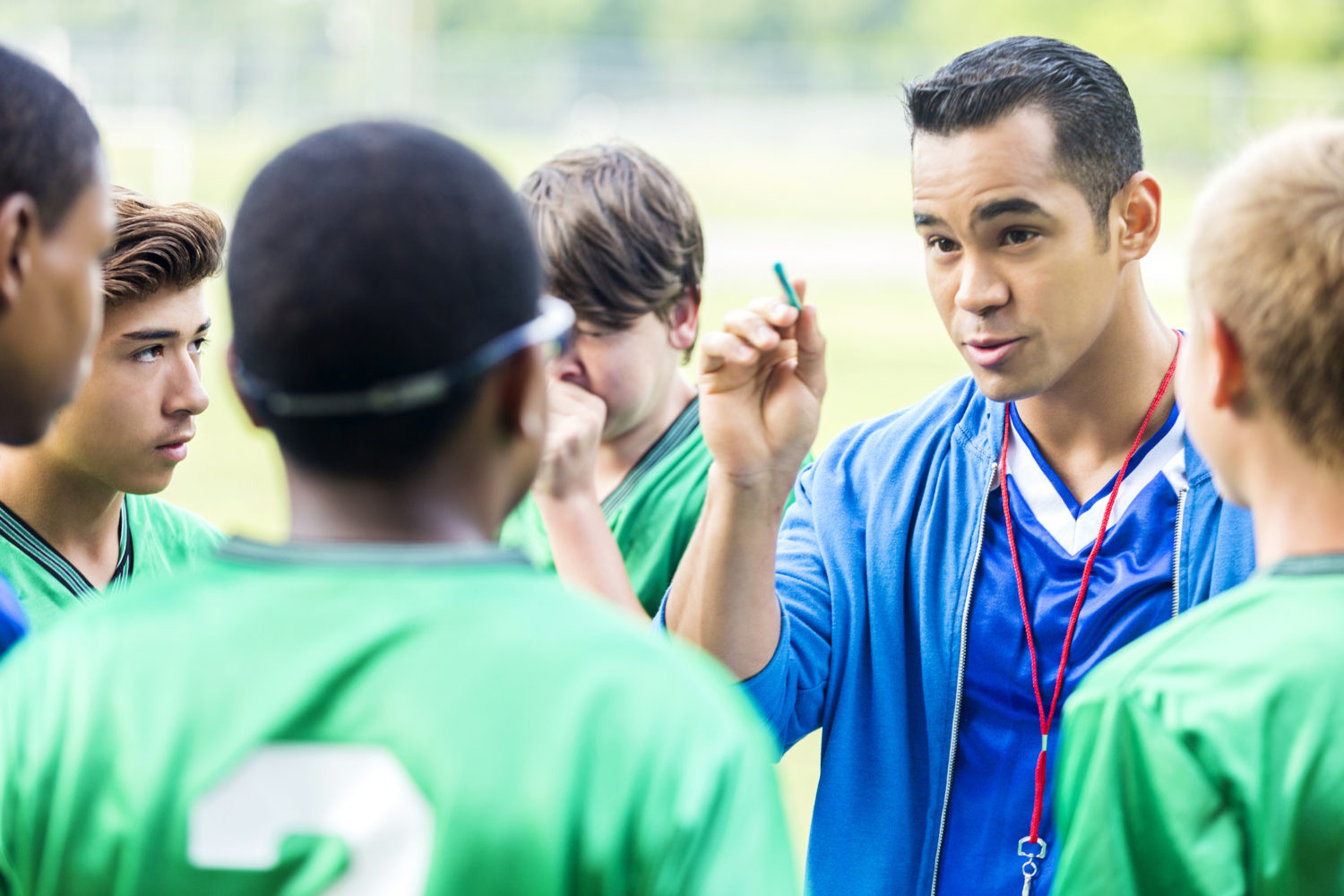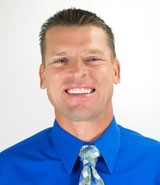

By Dr. John R. Mishock
In the United States, it is estimated that 60 million children and adolescents (ages 5-14 years) play organized sports each year at a cost of over $7 billion dollars, and growing. (Minnesota Amateur Sports Commission). Unfortunately approximately 70% if these kids stop playing sports by age 13. (Journal of Physical Activity and Health, 2014). Often the cause of the drop-out is due to the feeling of inadequacy over their ability to compete with their peers. Much of the ability to compete in sports at the youth level has more to do with growth and maturation, versus talent and skill. At any given age in youth and adolescent development there can be a 2-5
year difference in biological maturation (physical, social, and psychological). For example, it is not uncommon in youth athletics to see a 12 year old (who looks like a man) dominating the sports scene due to their significant size and more athleticism compared to their peers. Competing against that individual is another 12 year old who looks significantly younger with less size and athleticism.
Bio-banding is the process of grouping athletes based on attributes associated with growth and maturation (height, weight, physical maturity) rather than chronological age. There is a belief that not only will this type of grouping keep more kids playing sports, but it will also help reduce the risk of injury among young athletes.
The timing of individual maturation (peak velocity of height, or puberty) can have great implications for training, competition, and talent identification. When the child reaches puberty, natural hormones (growth hormone, testosterone, and insulin growth factor) are released making the young athlete taller, stronger, faster, and more powerful than their counterparts. However, these maturation differences among youth athletes are unnoticeable in late adolescence and early adulthood, therefore, the differences in performance becomes non-existent, or at least substantially reduced towards the end of adolescence. (European Journal of Applied P hysiology)
hysiology)
Bio-banding tries to create an optimal environment where both early and late-maturing athletes can thrive. For example, when early-maturing athletes are competing against others of similar biological age, they will no longer be able to rely on their physical prowess, and therefore, would be encouraged to use and develop their technical and tactical skills related to the sport. It would also prepare them for future challenges where they may have to compete against equal, or more, mature players. This equalizing approach also benefits the late-maturing athlete, who would have a greater opportunity to demonstrate their physical and technical attributes.
Even if bio-banding of young athletes never comes to fruition in our youth sports leagues, it is important to keep encouraging the late-developing athlete to not quit and keep playing the sport. For the early-developing or late-developing athlete specific skill development related to their sport should be a top priority, as physical maturation will soon equalize reducing the advantages had by early maturation. In the end the highly skilled athlete will have the greatest opportunities for success in their sport.
Dr. Mishock’s new book, “Fundamental Training Principles: Essentials for building the Elite Athlete” provides the latest, scientifically based exercise and physical training principles to develop the elite athlete, and can be obtained at www.train2playsports.com.
If pain is limiting you from doing the activities you enjoy, give Mishock Physical Therapy a call for a Free Phone Consultation at (610)327-2600 or email your questions to mishockpt@comcast.net.
We can help!
Visit our website to read more physical therapy related articles, learn more about our treatment philosophy, our physical therapy staff, and our 6 convenient locations in Gilbertsville, Skippack, Barto, Phoenixville, Limerick, and Stowe at www.mishock.wpengine.com.
Our mission is to exceed the expectations of our patients by providing excellence in care and service. We are here to serve you!
